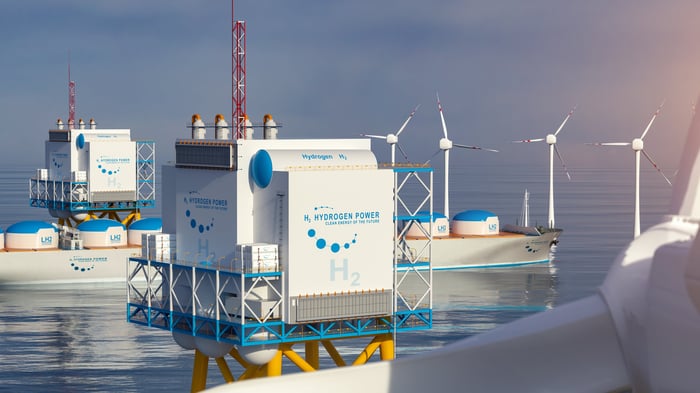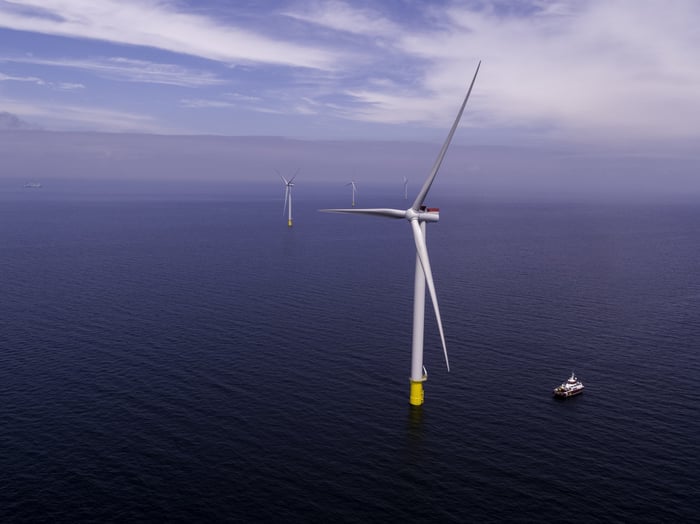
About the Course
This course offers a detailed exploration of onshore pipelines, covering key aspects such as route selection, hydraulic design, material selection, construction methods, and integrity management. Participants will gain insight into the entire pipeline lifecycle, from initial planning and design through to construction, operation, inspection, and defect assessment.
The course delves into modern challenges, including pipeline construction in difficult terrains such as mountains, swamps, and deserts, as well as strategies for corrosion protection, defect repair, and routine maintenance. Additionally, it provides guidance on pipeline integrity management systems (PIMS), regulatory compliance, and advanced inspection techniques to ensure long-term pipeline reliability and safety.
Who's it for
- Pipeline Design Engineers – Engineers responsible for planning and designing safe and efficient pipeline systems.
- Construction Engineers & Project Managers – Professionals overseeing the installation, routing, and construction of pipelines.
- Operations & Maintenance Teams – Those responsible for monitoring pipeline performance, managing routine operations, and ensuring long-term integrity.
- Regulatory & Compliance Professionals – Individuals involved in ensuring pipeline projects meet industry regulations, environmental standards, and safety requirements.
Course Content
-
Day One
Pipeline Design and Construction
- Pipeline Routing & Planning – Factors affecting route selection, environmental impact assessments, and geological hazards.
- Pipeline Hydraulic Design – Flow dynamics, pressure considerations, and pipeline sizing for liquid, gas, and multiphase systems.
- Pipe Materials & Components – Manufacturing methods, material selection, and key components such as valves, bends, and fittings.
- Construction Methods & Challenges – Installation techniques, welding, and dealing with difficult terrains (mountains, swamps, deserts).
- Pipeline Crossings & Land Acquisition – River, road, and railway crossings, as well as stakeholder engagement and regulatory considerations.
-
Day Two
Pipeline Integrity and Operations
- Pipeline Integrity Management Systems (PIMS) – Monitoring, maintenance strategies, and regulatory requirements.
- Corrosion & Defect Management – Identifying risks, mitigation strategies, and repair techniques.
- Inspection & Monitoring Techniques – Pigging operations, internal/external inspection methods, and leak detection.
- Routine Operations & Emergency Response – Product monitoring, operational procedures, and contingency planning.
- Regulatory Compliance & Risk Management – Industry standards, environmental considerations, and ensuring operational safety.
Learning Outcomes
Upon completion of this course, participants will be able to:
-
Plan pipeline routes by assessing environmental, geological, and regulatory factors.
-
Apply hydraulic design principles to optimise flow, pressure, and sizing for different pipeline systems.
-
Select appropriate materials and components based on manufacturing methods and operational requirements.
-
Evaluate construction techniques for various terrains, including welding and installation challenges.
-
Manage pipeline crossings and land acquisition while addressing stakeholder and regulatory considerations.
-
Implement integrity management systems for monitoring, maintenance, and compliance.
-
Assess and mitigate corrosion and defects using risk management and repair strategies.
-
Utilise inspection and monitoring techniques such as pigging, internal/external inspections, and leak detection.
-
Develop operational and emergency response plans to ensure safe and efficient pipeline function.
-
Ensure regulatory compliance and risk management by applying industry standards and environmental policies.
-
Class Materials
- Case studies that explore real-world CCUS challenges and their solutions.
- A comprehensive course package detailing all essential topics and technical data.
- Detailed notes from our tutors, Dem and Amrit, offering additional insights and expertise.
- A collection of references and practical worked examples to deepen understanding and application of the material.
-
Jeenius
Participants in the course gain access to Jeenius, a cutting-edge learning platform that offers comprehensive support tools. This platform includes all course notes, recordings of the sessions for later review, and the opportunity for one-on-one support with the tutor. Additionally, Jeenius provides access to the latest insights in renewable energy enhancing the learning experience with up-to-date industry knowledge.
-
In-Company Delivery
For in-company delivery options and content customisation to meet your specific needs, please don't hesitate to reach out to us.
-
Fee
£1,995 per person.
A discount is available if registering 3+ people.
Similar Courses


